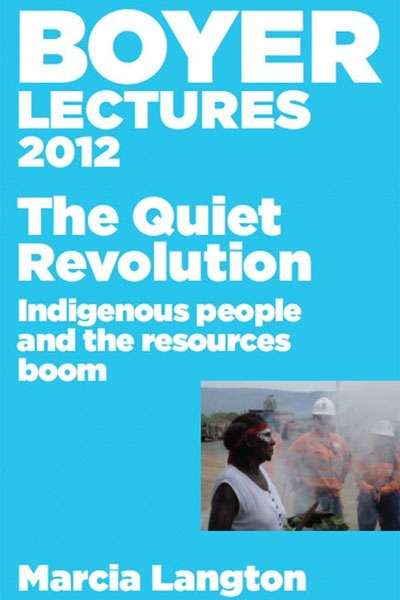Lecture
Once neglected within the academy and relegated to the dustier recesses of public bookstores, biography has made a notable return over recent years, emerging, somewhat surprisingly, as a new cultural phenomenon, and a new academic adventure. In a move that’s perhaps indicative of this revival, the British bookseller Waterstones recently placed their biography section at the very front of their stores, renaming it boldly, LIFE. Biography has similarly taken prime position in our nightly television, with programmes such as Dynasties, Australian Story, Talking Heads and Enough Rope. It has bagged the front stalls in our cinemas, where the lives of Casanova and Kinsey, of Truman Capote and Elizabeth I, of Johnny Cash and Alexander the Great are played out on the big screen. In our public libraries, readers huddle over computer terminals, busily researching their family genealogies. The National Library of Australia is now constructing its new coordinated online resource for biographical researchers, the People’s Portal, and has recently launched its latest publishing venture, a series of titles devoted to (what else?) Australian Biography.
... (read more)The Quiet Revolution: Indigenous People and the Resources Boom (2012 Boyer Lectures) by Marcia Langton
Boyer Lectures: A very Australian conversation by Peter Cosgrove
Just before I flew to Australia to deliver this year’s HRC Seymour Lecture in Biography, I heard an ABC broadcast on the BBC World Service. The Australian commentator was talking about the centenary of the birth of Donald Bradman, the ‘great Don’ with his famous Test batting average of 99.94 runs. He said that Bradman was a peculiarly Australian role model because he was a sporting hero and because he knocked the hell out of the British bowling. Slightly carried away by the moment, he added: ‘We still need those founding fathers – we’ve had no George Washington, no Abraham Lincoln ... Don Bradman fills a biographical gap.’
... (read more)communication / community / commune / communion / common : mingle together as one
Let us begin with two remarkable observations:
1. Apes cannot speak
2. Apes cannot play a piano
Why should this be the case? After all, great apes such as chimpanzees and gorillas are our closest living relatives, and share most of our genetic heritage. They have well-formed hands that they can use to manipulate their environment. Their brain is more like ours in its structure and organisation than that of any other animal; from it they generate some disturbingly familiar behavioural traits.
... (read more)If we cannot end now our differences, at least we can make the world safe for diversity.
President John F. Kennedy, Address to the American University, Washington DC, 10 June 1963
In March 1966 the first students arrived at Flinders University. They were typical of their time. Men outnumbered women two to one. Most lived at home with their parents, their background overwhelmingly middle class. A survey in the first years of the new institution confirmed that Flinders students were not politically radical. A slim majority indicated support for the government of Harold Holt. Only a handful opposed American and Australian involvement in Vietnam. If conservative about political change, Flinders students did not forgo commencement day pranks, with a mock Russian submarine being pushed into the university lake. Four decades ago, most students starting at Flinders were destined for teaching or the public service.
... (read more)



